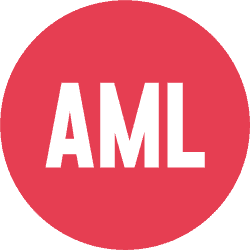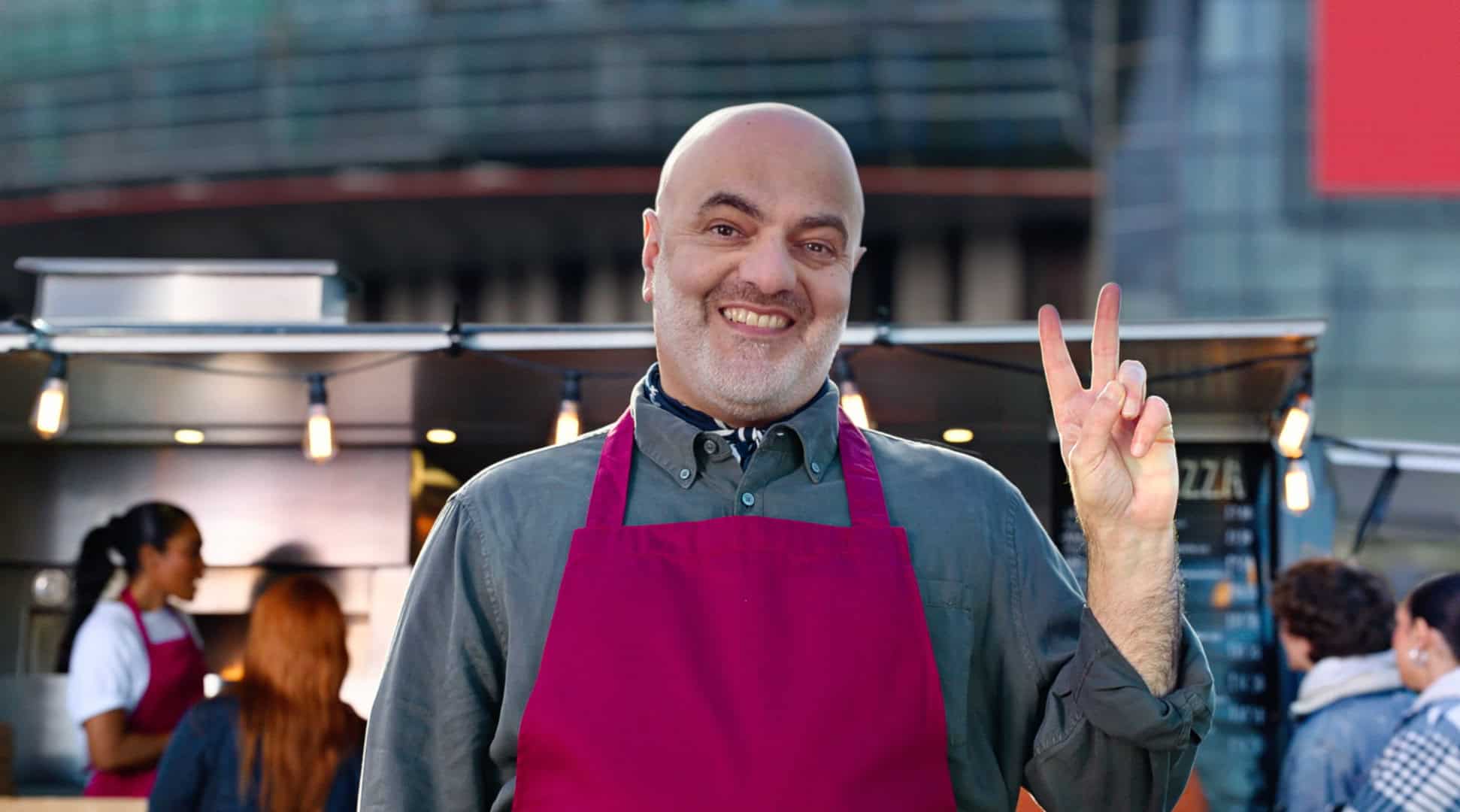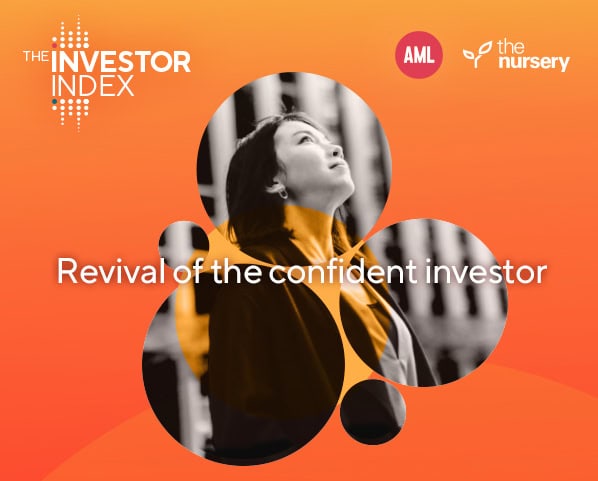For example, mobile phone network Three recently launched Reconnected, an initiative that couples donated mobile phones with free network access and gives them to the needy. Coffee brand Change Please trains – and employs – homeless people as baristas.
But often, securing an income stream is only the first hurdle. A poor credit rating or a lack of supporting documentation can be major hindrances in opening a bank account, a factor that is doubly frustrating for those claiming the notoriously inflexible Universal Credit.
Basic bank accounts offer one lifeline, with three banks in particular leading the field. Barclays’ Cash Card, Co-op’s Cashminder and Virgin Money’s Essential Current Account have all earned accolades in being particularly proactive in welcoming basic bank account customers. No credit checks are required, just proofs of ID and address; in the case of the latter, and all three will accept letters from a shelter warden or an employer.
While none of the accounts offer an overdraft (although Barclays has a £15 buffer), all three will provide a Visa debit card and the ability to set up direct debits and standing orders. Virgin even goes as far as paying 1% AER on in-credit accounts.
Building on this is the Change Account, launched in 2015 in partnership with Homeless Link, a charity that brings together over 700 organisations on the frontline of homelessness. Again, no credit check is needed, and crucially, Homeless Link members can use their local branch as an address. The money in the account is not vulnerable to existing creditors, and there are no penalty charges for missed or late payments.
The account holder can also set up budgeting wallets, mini accounts within the main account that can only be accessed online or via the app. Providing a structure for budgeting, these can be used to subdivide budgeting, spending and bill payments, and are time locked – giving the user time to decide whether they want to use funds that they had originally planned to spend on something else.
Unlike the basic accounts – which have been free of fees since 1st January 2016 – this security comes at a cost, with monthly and per-transaction fees. Whether or not these costs offset the benefits is of course up to the individual.
It’s a decision that most of us would make in seconds, but a harder call for those dealing with the algebra of necessity on a day-to-day basis. Having the choice of a selection of financial products is surely a major step up from having no choices at all, but access to an account is only the first step. Learning how to responsibly manage their finances can be a major difficulty for the homeless, and one that’s not really addressed by any of the available accounts.
Perhaps lessons can be learned from further afield, in countries that function largely on cash-based economies. Vodafone’s M-Pesa service rolled out in Kenya in 2007 and offers mobile phone-based microfinance and money transfers. Argentina’s trust in banks – shattered in the 2001 meltdown – is being targeted with Ualá. Similar in nature, this recently-launched platform also offers loans to those with a limited credit history.
Both are actively canvassing sceptical and wary customers, but M-Pesa’s success proves that it can work – it now has over 25 million customers and has since expanded to other countries, including India, South Africa and Afghanistan. It will be interesting to not only see if Ualá can have an equal impact, but if financial institutions closer to home will take the same proactive initiative.
Written by Ant O’Neill


